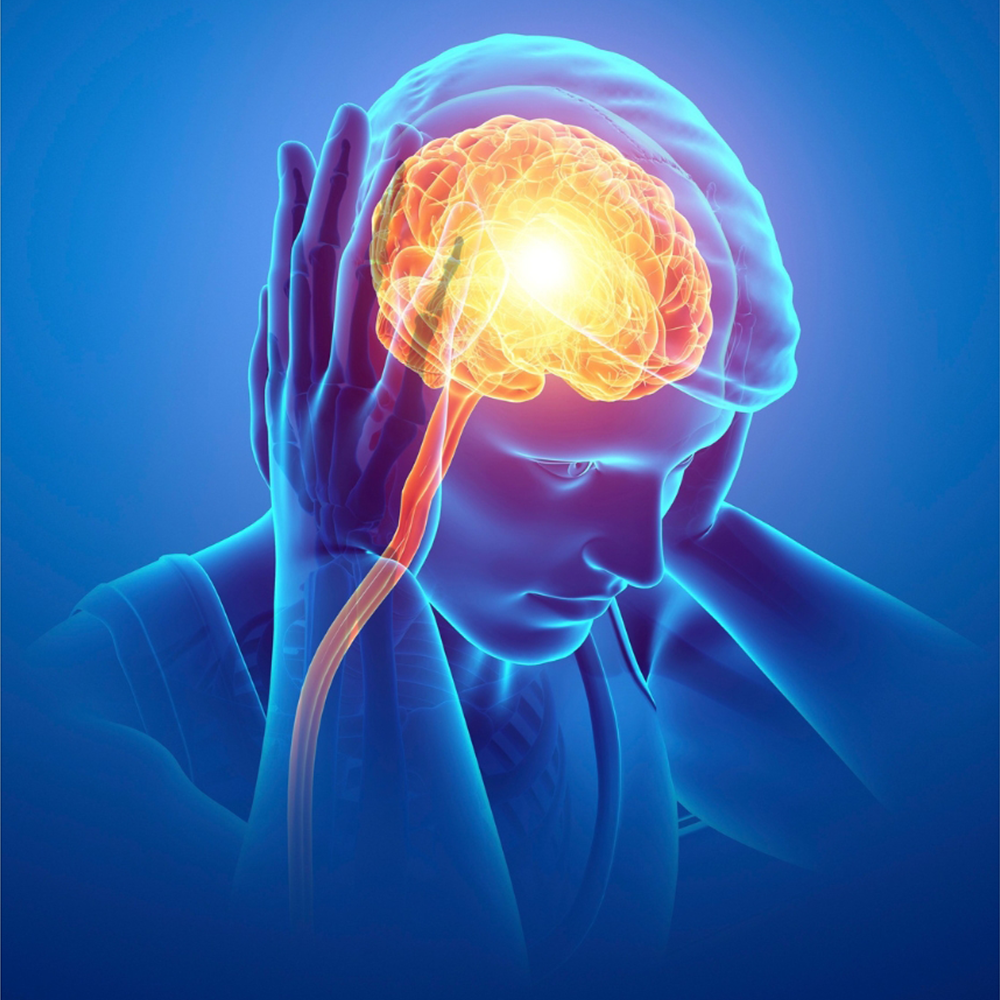In recent times, scientists have uncovered a fascinating correlation between the gut and the brain, shedding light on the intricate relationship between gut health and neurological disorders. Often referred to as the “second brain,” the gut houses millions of neurons and a complex network of microorganisms known as the gut microbiota.
In this blog, we will delve into the mysterious connection between gut health and neurological disorders, exploring the mechanisms behind this relationship and its implications for innovative therapeutic approaches.
The Gut-Brain Axis
The gut-brain axis serves as a bidirectional communication system linking the gut and the brain through neural, hormonal, and immunological pathways. This intricate network enables continuous communication between the two organs, influencing various physiological processes such as digestion, immune function, and mood regulation. The gut contains a dense population of neurons, collectively forming the enteric nervous system (ENS), which operates independently but also communicates with the central nervous system (CNS) via the vagus nerve.
The Gut Microbiota
The gut microbiota comprises trillions of microorganisms, including bacteria, viruses, fungi, and archaea, and plays a crucial role in maintaining gut health and function. These microorganisms contribute to nutrient metabolism, immune regulation, and protection against pathogens. Emerging evidence suggests that alterations in the composition of the gut microbiota, known as dysbiosis, may be implicated in the development of neurological disorders. Factors such as diet, antibiotics, stress, and ageing can disrupt the delicate balance of the gut microbiota, potentially leading to adverse neurological effects.
Neurological Disorders and Gut Health
Several neurological disorders have been linked to changes in gut health and the composition of the gut microbiota. For example, in Alzheimer’s disease, abnormal protein accumulation, neuroinflammation, and cognitive decline have been associated with gut dysbiosis and increased intestinal permeability. Moreover, studies have highlighted alterations in the composition of the gut microbiota in individuals with autism spectrum disorder, suggesting the involvement of the gut-brain axis in neurodevelopmental disorders.
Mechanisms Underlying the Connection
Multiple mechanisms may underlie the connection between gut health and neurological disorders, including immune system dysregulation, neuroinflammation, alterations in neurotransmitter signalling, and the production of microbial metabolites. Furthermore, microbial metabolites like short-chain fatty acids (SCFAs) and neurotransmitters such as serotonin and dopamine can modulate neuronal activity, affecting behaviour and cognition.
Therapeutic Implications
Understanding the relationship between gut health and neurological disorders offers the potential for the development of innovative therapeutic strategies. Interventions aimed at modulating the gut microbiota, such as probiotics, prebiotics, dietary modifications, and faecal microbiota transplantation, present avenues for mitigating neurological symptoms and promoting brain health. Additionally, lifestyle modifications that promote gut health, including regular exercise, stress reduction techniques, and a balanced diet rich in fibre and fermented foods, may have beneficial effects on neurological function.
InBrief
The mysterious connection between gut health and neurological disorders reveals a fascinating interplay between the gut and the brain, shaping our understanding of disease mechanisms and treatment approaches. The gut-brain axis facilitates bidirectional communication, influencing various physiological processes critical for maintaining overall health. Dysbiosis and alterations in the composition of the gut microbiota have been implicated in the pathogenesis of neurological conditions such as Alzheimer’s disease, Parkinson’s disease, and autism spectrum disorder.
As research continues to uncover the intricacies of the gut-brain axis, the potential for transformative breakthroughs in neurological disease management remains promising.

